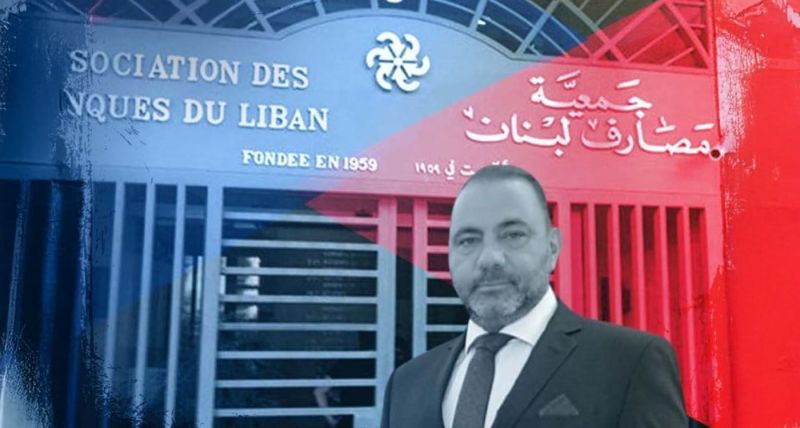
The Secretary General of the Association of Banks in Lebanon (ABL), Fadi Khalaf, believes that 2026 could mark the beginning of implementing definitive solutions and relaunching the banking sector on a stronger footing. This milestone, he argues, would also allow depositors to recover their rights and help restore confidence in financial institutions. But he warns that this opportunity will only materialize if the process is pursued with transparency and in coordination with both local and international stakeholders. Otherwise, the crisis risks resurfacing “in a new form.”
His remarks were published in the editorial of the Association’s monthly report, titled “A Systemic Crisis… from Recognition to Implementation.” Khalaf recalls that, since 2019, banks have been alternately portrayed as responsible, victims, or both. Yet a turning point seems to be emerging, with official discourse now adopting a more realistic reading of the situation.
During a parliamentary session on the 2025 budget, the Governor of Banque du Liban (BDL), Karim Souhaid, acknowledged that the crisis was not merely a banking one, but rather “a systemic crisis” encompassing the entire financial and economic framework. In the same vein, Finance Minister Yassine Jaber stressed that the current crisis differs from past episodes, as it affects the financial system as a whole, particularly after the Lebanese government’s decision in April 2020 to suspend payment on its foreign currency debt.
These statements, coming from the country’s highest monetary and financial authorities, put an end to years of debate and disagreement. The consensus is now clear: Lebanon is facing a multidimensional crisis that requires comprehensive solutions involving the state, BDL and commercial banks.
However, recognizing the crisis does not resolve all outstanding issues. Several key questions remain: the distribution of responsibilities between the state, BDL and the banks; the fate of the $16.5 billion that the central bank considers a receivable from the state; the possible enforcement of Article 113 of the Code of Money and Credit, which legally obliges the state to recapitalize BDL if its equity becomes negative; and, finally, the real role afforded to banks in shaping the Financial Gap Law. The law, which aims to allocate losses, is currently under discussion but is being drafted without their direct involvement.
According to Khalaf, despite six years of crisis, banks have demonstrated resilience and could play a role in reconstruction – provided there is political will. He also cautions against sidelining them in ongoing discussions, noting that, so far, banks have learned about draft laws only through media leaks.
In conclusion, Khalaf maintains that 2026 could be the year of banking revival in Lebanon, but only if authorities seize this unique opportunity to rebuild on transparent and solid foundations, without repeating the mistakes of the past.



Comments